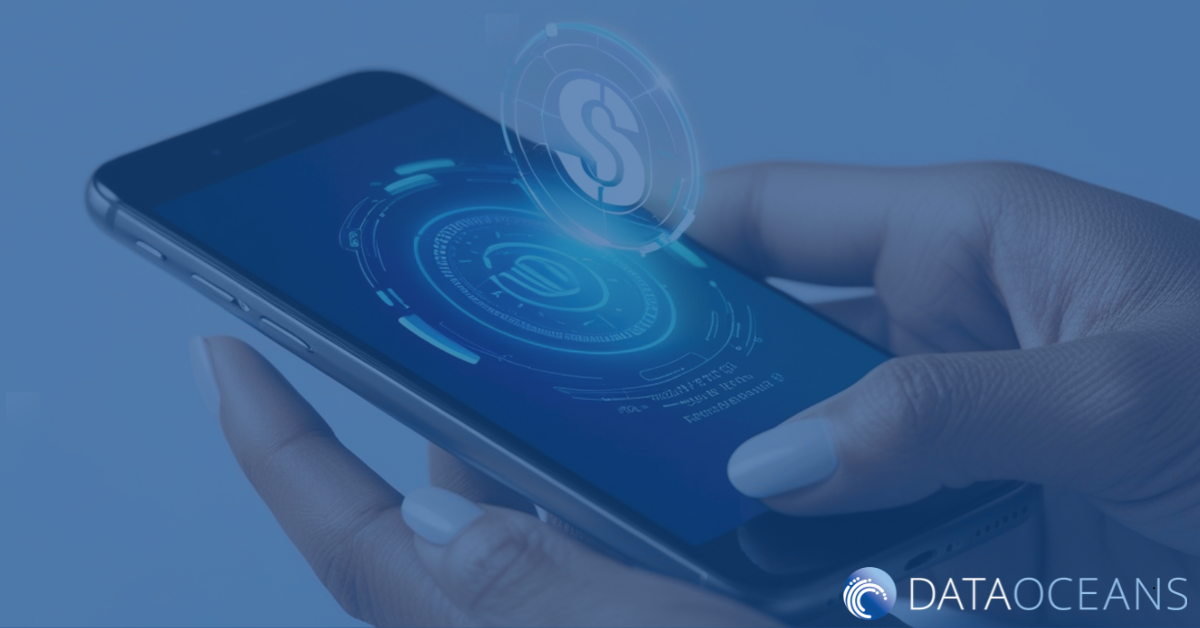The past few months have been full of social media postings of public meltdowns of store customers acting out when requested to wear a mask. It’s hard to watch, but also hard not to watch. Rather than drawing any conclusions about their behavior, one commonality worth noting is that they tend to belong to one generation – the Baby Boomers. It’s no surprise “ok Boomer” has become the default derogatory reply to them online. And this is nothing new – Boomers have been characterized as the narcissistic “Me generation” as far back as the 1970’s.
What does this have to do with your credit union? Hopefully this behavior isn’t played out in your branches. But it’s worth asking why it’s rarely displayed by Millennials or members of Generation Z. Perhaps one reason is that members of these generations currently, or until recently, worked at customer service jobs and so have more empathy towards front line employees than now-retiring Boomers. But another important reason is that Boomers are the last generation who interact primarily in the physical, not digital, world. The difference between them and younger Americans has implications for credit unions.
At 67 million, Gen Z is smaller population than many preceding generations; however, Generation Z members will soon be a critical contingent for credit unions. Today they may be joining your financial institution to open their first checking account; in a few years they’ll be looking to get their first credit card, pay for college or buy a car.
And they have different needs and expectations than prior generations. McKinsey published an interesting study on Generation Z as consumers. This particular study was based on research in Brazil, but it still offers insights for US companies. The overriding characteristic of this generation is their digital connectiveness. But they share a few other qualities too. Understanding these, and using them as a touchstone for your member communications, is key.
“Companies should be attuned to three implications for this generation: consumption as access rather than possession, consumption as an expression of individual identity, and consumption as a matter of ethical concern.”
– From True Gen: Generation Z and its implications for companies
Always-on Digitally
This is a new generation of customers and you need to meet them where they are. Where they are is online, usually on their phone. But what is often dismissed as this generation’s need for instant gratification is more like proactivity and autonomy on their part. Their expectation is that they can enroll, purchase, or take out a loan in one interaction. If a process cannot be completed immediately, or if it cannot be paused and resumed, Gen Z consumers will move on to another provider.
Conversely, the expectation of immediacy may also cause them to call member support (since they are already on their phone) or even visit a branch location. The difference is that in these interactions they’ll expect a seamless experience. When a call center or member services representative makes changes to their account, they’ll expect to see those updates immediately displayed on their phone.
The good news is that, because Gen Z members are always on digitally, they offer more opportunities for engagement with your credit union. For example, they may check your online portal multiple times every day for status updates. It’s a prime opportunity for you to advertise a different service or product every time they visit.
Gen Z Members Are Realists
This is a generation that values practicality. They’ve grown up through multiple economic crises, and face a poor economy, lowered expectations for jobs outlook, and college debt. As a result, they may become “savers” similar to Americans who grew up during the Depression. Except instead of saving string, this generation does not make a purchase without looking for a coupon code. Offering them ways to save even very small amounts can foster trust. However, they will easily spot attempts to sell to them that don’t offer real value. One example I recently saw was a rental company email promoting a credit improvement service, one that turned out to have a costly monthly fee and no proof it provided any actual benefit.
Community and Ethically Oriented
The oldest members of Generation Z are 25. So it’s not surprising that they are optimistic, even in the face of serious economic challenges. They are also community oriented. But for this generation, their communities that reflect their values are often digital ones. They’ve helped drive political change with digital movements like #MeToo and #BLM.
Gen Z members hold the organizations with which they interact to high ethical standards. They value corporate responsibility, especially in areas like diversity and sustainability. Their commitment to communities aligns well with the mission of your credit union. Customer communications that speak to these values will improve your engagement with these customers.
There’s been plenty of speculation on the changes to the industry from COVID-19. And the pandemic will certainly have an impact. But the bigger story may be only a few years away as Gen Z enters the market. Credit unions should not assume this is the same ball game but start looking for ways to reach out to this new generation, understand their expectations, and ultimately become their trusted partners
DataOceans delivers better experiences, reduces servicing costs and increases customer engagement through its end to end Customer Communications Management solution, by integrating customer data from across the organization to create, deliver and measure personalized communications.



.png)
.png)